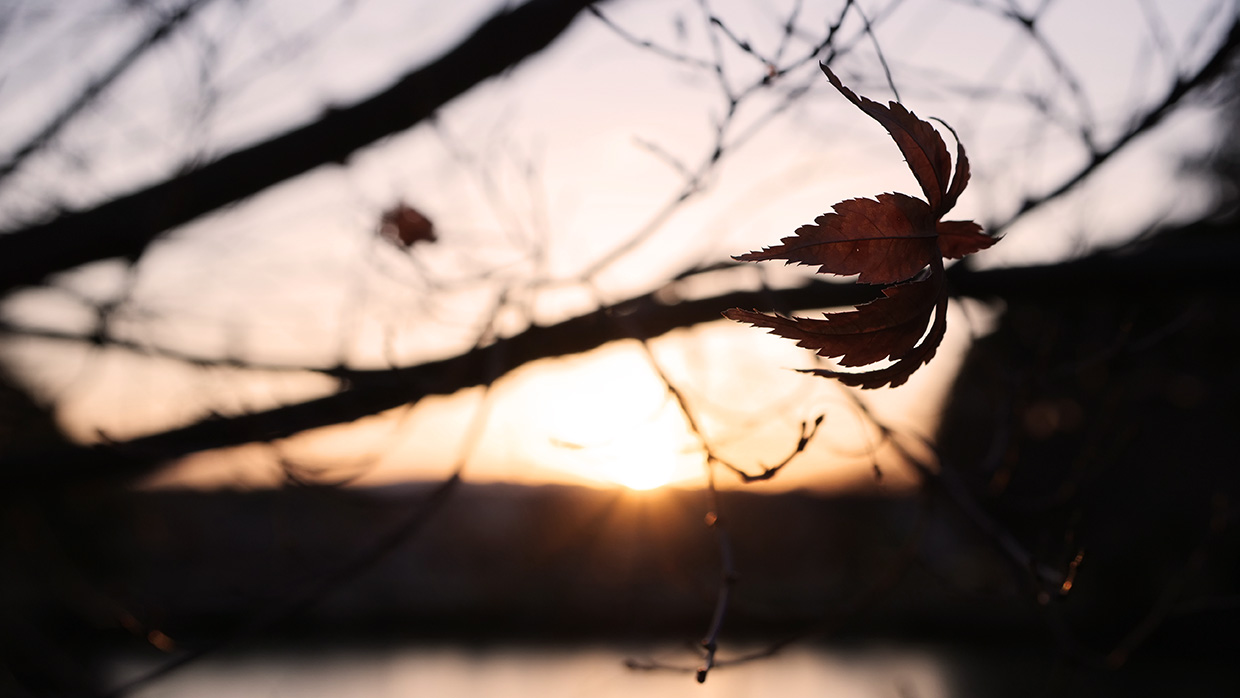Myokun Hukuiku

- I began thinking, “What can I do, as I am now?”
All temple duties began and ended with the phrase, “Dōzo yoroshū” (a traditional form of greeting meaning “please take care of me” or “let’s work well together”). At first, my voice was barely louder than a mosquito’s, but gradually, I found myself calling out with a powerful, booming voice. I was surprised by how much voice I actually had in me.
Initially, saying “Dōzo yoroshū” felt awkward—like something a gangster or mountain bandit might say—and I felt quite resistant. But before I knew it, both “Dōzo yoroshū” and “Arigatō gozaimasu” (thank you very much) had become natural phrases for me.
Since I cannot lift heavy things, during those five days I spent my time relying on those around me, while constantly thinking about what I could do on my own. Even during meditation and meals, we had to sit cross-legged—which caused pain in my legs and made it hard to walk. I knew I had to run to the next task, but my legs simply wouldn’t move. I honestly wanted to go home on the first day, feeling that I couldn’t possibly endure such a rigorous practice.
Without TV, smartphones, books, or even a clock, I spent my days simply moving my body, communicating with others through our actions, and following the guidance of the monks at Fukugonji Temple as best I could.
Perhaps because of that, the kindness of my fellow participants touched me deeply. The monks in charge of our training always answered our questions patiently, even if we asked the same thing repeatedly, which made me feel safe. Even when they pointed out my flaws, I could accept it with humility. The teaching, “Just say ‘Thank you,’ ‘I’m sorry,’ ‘Yes,’ and ‘Dōzo yoroshū’—that is enough,” was truly meaningful.
The young monks each had different personalities, yet they all ran through the mountains like fleet-footed deities, even at night, without using flashlights.
The temple grounds of Fukugonji were filled with a kind of dense presence, even though there seemed to be “nothing” there. I never once felt bored. Occasionally, when I looked up, a breeze would drift down from the mountains, or the sight of colorful autumn leaves would soothe my heart.
After returning home, I noticed a change—silence became something comforting. It felt as though the unnecessary noise inside me—perhaps my ego—had been shaved away, leaving behind a sense of peace. I now feel more aware of truly listening to what others are saying, rather than just hearing it.
I also came to realize how lacking my physical strength had been. But rather than giving up, I began thinking, “What can I do, as I am now?” I’ve started listening to my body’s voice and trying to act accordingly.
Whether washing dishes or using tools, we were constantly taught to stay organized, clean, and mindful about how we used things—including not wasting water. Because this was so deeply instilled in me during the Temple Stay, I now feel uncomfortable leaving the tap running when washing dishes at home.
Going forward, I hope to bring more intention and care into each of my actions, and to live with a deeper awareness—even for the things that are unseen.
